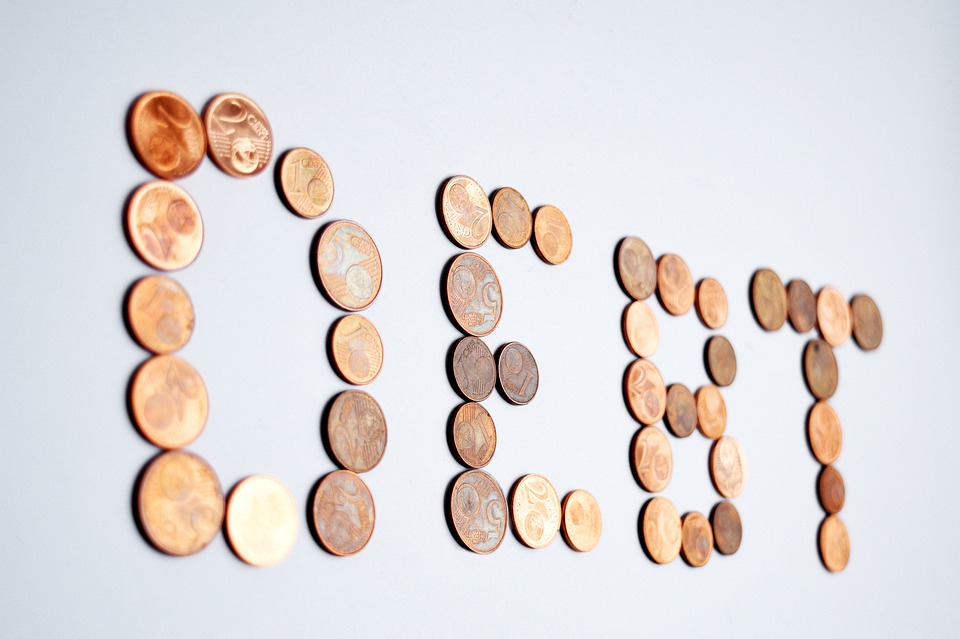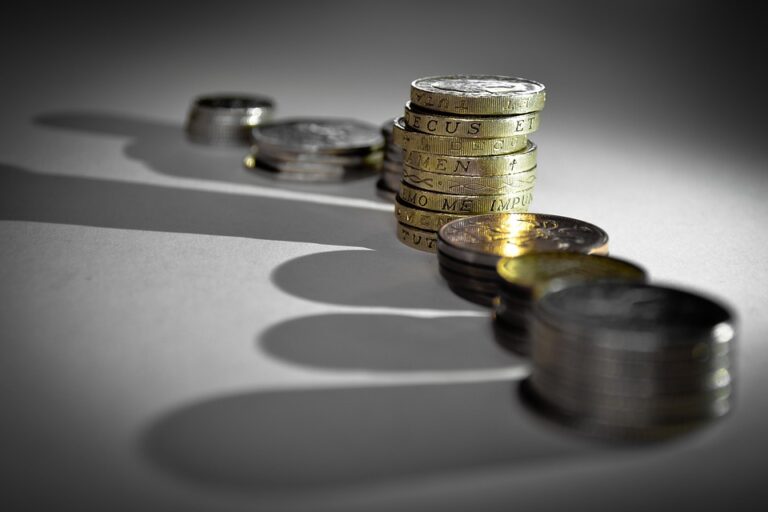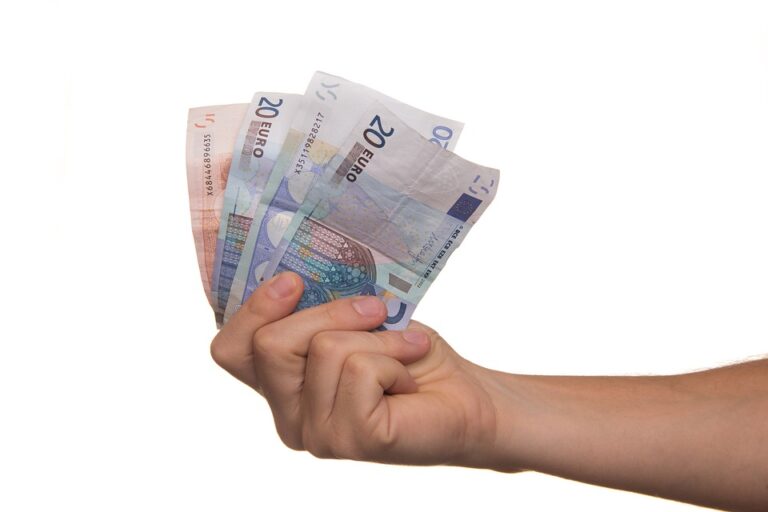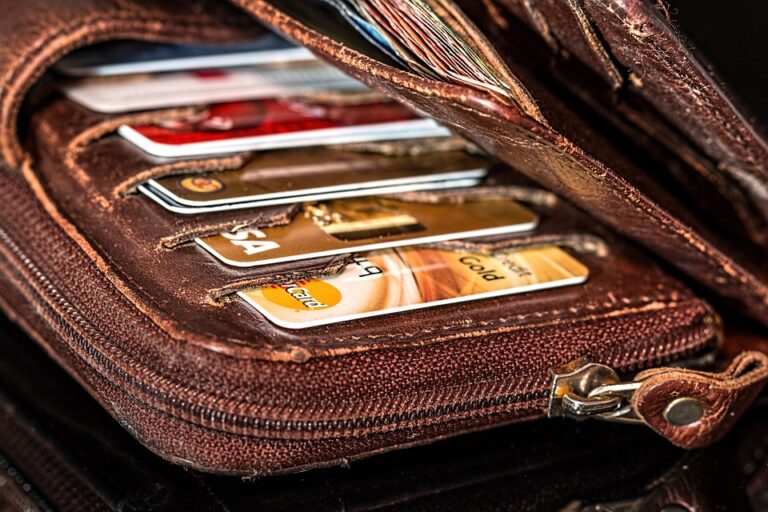Last updated Jun. 23, 2024 by Peter Jakes
Debt can often feel overwhelming, especially when you have multiple debts with different interest rates and repayment terms. However, tackling your debt doesn’t need to feel like an insurmountable challenge. With a clear strategy and commitment, you can effectively work towards becoming debt-free. This article will provide you with a step-by-step guide to help you start paying off your debts.
Assess Your Debt Situation
Before you can create a plan to pay off your debts, you need a comprehensive understanding of what you owe. Start by making a list of all your debts, including:
- Credit card balances
- Personal loans
- Auto loans
- Student loans
- Mortgage debts
- Medical bills
- Any other outstanding debts
For each debt, note down the balance, interest rate, minimum monthly payment, and due date. This will allow you to see the full picture and prioritize which debts to tackle first.
Create a Budget
A budget is crucial for managing your finances and reducing debt. List all your monthly income and expenses, distinguishing between fixed expenses (like rent or mortgage payments) and variable expenses (like groceries and entertainment).
Having a clear budget allows you to:
- Identify areas where you can cut costs
- Allocate more money towards your debt
- Avoid accumulating more debt
Choose a Debt Repayment Strategy
Debt Snowball Method
The Debt Snowball Method involves paying off your debts from smallest to largest balances, regardless of the interest rate. Here’s how it works:
- Continue making minimum payments on all your debts except the smallest one.
- Put any extra money towards paying off the smallest debt first.
- Once the smallest debt is paid off, take the money you were paying on that debt and apply it to the next smallest debt.
- Repeat the process until all debts are paid off.
The advantage of this method is the psychological boost you get from paying off debts quickly, which can motivate you to continue.
Debt Avalanche Method
The Debt Avalanche Method focuses on paying off debts with the highest interest rates first, minimizing the total interest paid over time. Here’s how it works:
- Continue making minimum payments on all your debts except the one with the highest interest rate.
- Put any extra money towards paying off the highest-interest debt first.
- Once the highest-interest debt is paid off, take the money you were paying on that debt and apply it to the next highest-interest debt.
- Repeat the process until all debts are paid off.
The advantage of this method is that you save the most money on interest and can potentially pay off all debts more quickly.
Balance Transfer Cards
If you have credit card debt with high interest rates, consider transferring your balance to a card with a lower interest rate or a 0% introductory rate. This can reduce the amount of interest you pay, allowing you to pay off your debt faster. Be mindful of balance transfer fees and the duration of the introductory rate.
Debt Consolidation Loans
Debt consolidation loans can combine multiple debts into one loan with a lower interest rate and a single monthly payment. This can simplify repayment and potentially save you money on interest. However, it’s important to refrain from accumulating new debts once you’ve consolidated your existing ones.
Increase Your Income
To pay off debt more quickly, consider finding ways to increase your income. You might:
- Work overtime or pick up extra shifts
- Take on a part-time job or freelance work
- Sell unused items online
- Rent out a room in your home
- Offer services such as tutoring or pet sitting
Any additional income can be put towards your debt, accelerating the repayment process.
Review and Adjust Your Plan
Paying off debt is an ongoing process, and it’s important to review and adjust your plan regularly. Monitor your progress, celebrate small victories, and make any necessary changes to your budget or repayment strategy to stay on track.
✓ Short Answer
To effectively pay off your debt, begin by assessing your debt situation, creating a budget, and choosing a repayment strategy such as the Debt Snowball or Debt Avalanche methods. Consider balance transfer cards or consolidation loans to lower interest rates, and find ways to increase your income. Regularly review and adjust your plan to stay on track.
FAQs
How long does it take to pay off debt?
The time it takes to pay off debt varies depending on the amount of debt, interest rates, your income, and how aggressively you can pay it down. Using calculators to estimate debt repayment timelines can help you set realistic goals.
Should I save money or pay off debt first?
This depends on your personal situation. Generally, it’s wise to have a small emergency fund (e.g., $1,000) before aggressively paying off debt. This can prevent you from accumulating more debt when unexpected expenses arise.
Is debt consolidation a good idea?
Debt consolidation can be a good idea if it reduces your overall interest rate and simplifies repayment. However, it’s important to avoid accumulating new debt and to ensure that you can handle the consolidated payment.
Can I negotiate my debt?
Yes, it’s possible to negotiate lower interest rates, reduce balances, or arrange for more affordable payment plans with your creditors. Credit counseling services can also help you negotiate with creditors.
What should I do if I’m overwhelmed by debt?
If you’re overwhelmed by debt, consider seeking help from a nonprofit credit counseling agency. They can help you develop a debt management plan, offer financial education, and negotiate with creditors on your behalf.
Does paying off debt improve my credit score?
Yes, paying off debt can improve your credit score. Reduced debt balances can lower your credit utilization ratio, and on-time payments can positively impact your payment history, both of which are significant factors in your credit score calculation.
Conclusion
Paying off debt requires a well-thought-out strategy and a commitment to effective budgeting and financial discipline. By assessing your debt situation, creating a budget, choosing an appropriate repayment method, and potentially consolidating your debts, you can make significant progress toward a debt-free future. Regularly review your plan, adjust as needed, and keep motivated by celebrating your accomplishments along the way.





